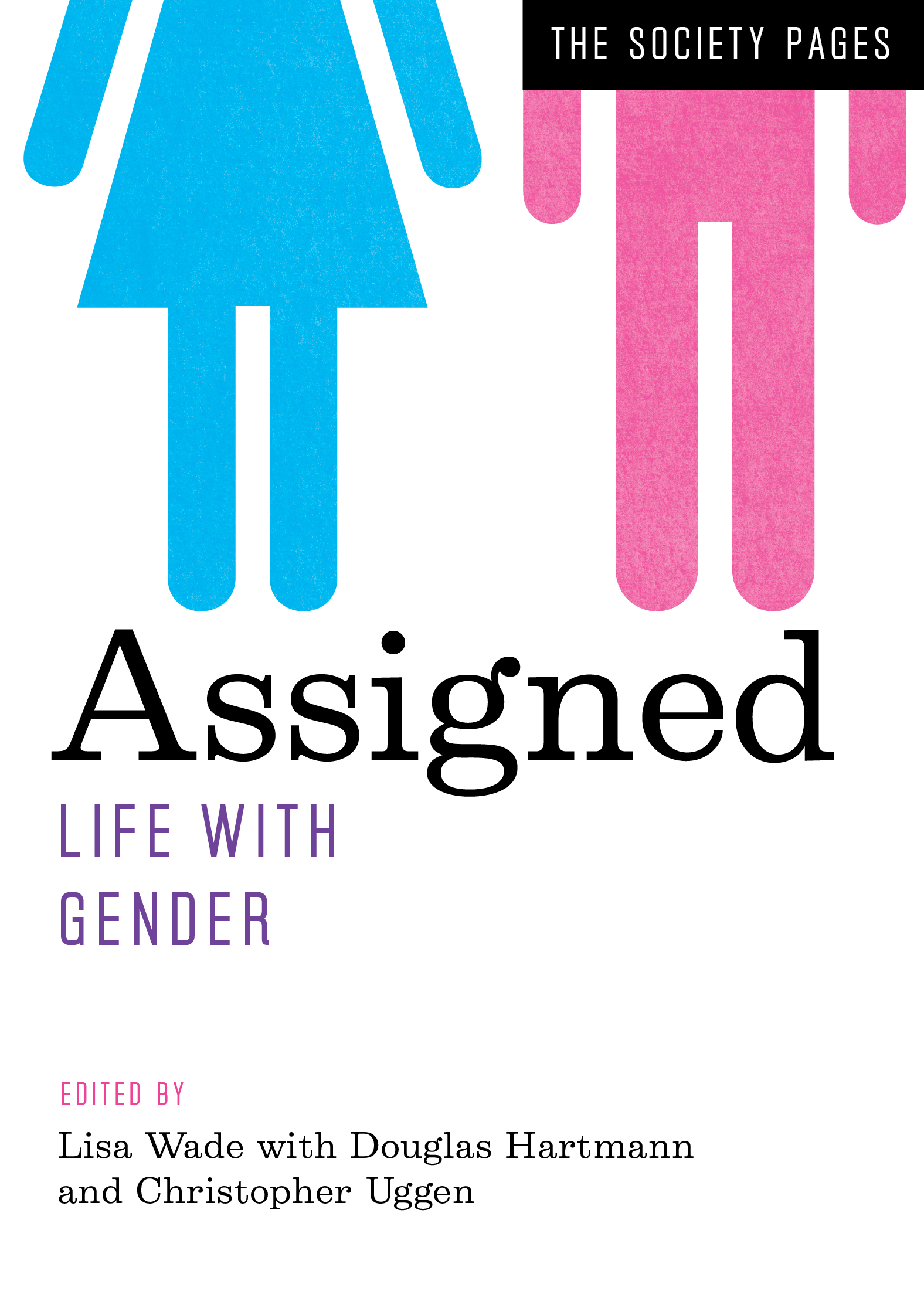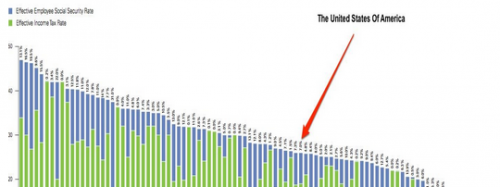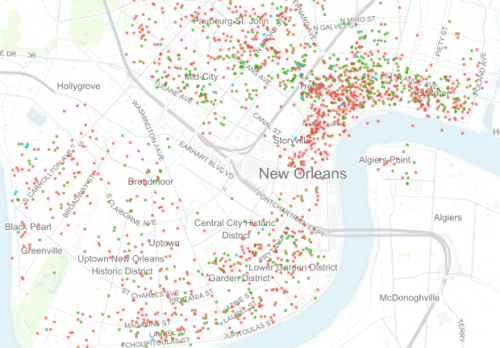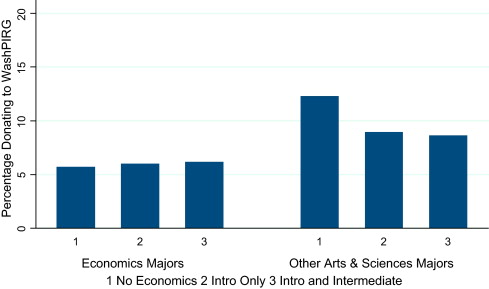 Assigned: Life with Gender is a new anthology featuring blog posts by a wide range of sociologists writing at The Society Pages and elsewhere. To celebrate, we’re re-posting four of the essays as this month’s “flashback Fridays.” Enjoy! And to learn more about this anthology, a companion to Wade and Ferree’s Gender: Ideas, Interactions, Institutions, please click here.
Assigned: Life with Gender is a new anthology featuring blog posts by a wide range of sociologists writing at The Society Pages and elsewhere. To celebrate, we’re re-posting four of the essays as this month’s “flashback Fridays.” Enjoy! And to learn more about this anthology, a companion to Wade and Ferree’s Gender: Ideas, Interactions, Institutions, please click here.
.
Is the “Mrs. Degree” Dead?, by Laura Hamilton, PhD
In 1998 I was a first-year student at DePauw University, a small liberal arts college in Indiana. A floor-mate of mine, with whom I hung out occasionally, told me over lunch that she was at college primarily to find a “good husband.” I nearly choked on my sandwich. I had assumed that the notion of the “Mrs. Degree” was a relic of my parents’ era—if not my grandparents’. Surely it had gone the way of the home economics major and women’s dormitory curfews.

Years later, I — along with my co-director, Elizabeth A. Armstrong — would embark on a five year ethnographic and longitudinal study of a dormitory floor of women at a public flagship in the Midwest. As part of my dissertation, I also interviewed the women’s parents. What I found brought me back to my first year of college. A subset of parents wanted their daughters to be “cookie-baking moms”—not successful lawyers, doctors, or businesswomen. They espoused gender complementarity—a cultural model of how women should achieve economic security that relied on a co-constructed pairing of traditional femininity and masculinity. That is, men were to be economic providers and women supportive homemakers. This was a revised “Mrs.” Degree, in the sense that marriage during college, or even right after, was not desirable. College women were to build the traits and social networks that would hopefully land them a successful husband eventually, but it was assumed best to wait until men had proven themselves in the labor market before entering a marriage.
This was not the only cultural model to which women on the floor were exposed. In fact, those coming in primed for complementarity were in the minority. However, as I show in my article, “The Revised MRS: Gender Complementarity at College,” far more women left college leaning toward gender complementarity than their previous gender socialization suggested. Something was happening on the college campus — where women were, ironically, out-achieving men — that shifted them toward performing an affluent, white, and heterosexual femininity, marked by an emphasis on appearance, accommodation to men, and a bubbly personality.
I argue that gender complementarity is not just a characteristic of individual women, but is actually encouraged by the institutional and interactional features of the typical, four-year, public state school. Midwest U, like other schools of its kind, builds a social and academic infrastructure well-suited to high-paying, out-of-state students interested in partying. The predominately white Greek system — a historically gender-, class-, and racially-segregated institution — enjoys prominence on campus. An array of “easy” majors, geared toward characteristics developed outside of the classroom, allow women to leverage personality, looks, and social skills in the academic sphere. These supports make it possible for peer cultures in which gender complementarity is paramount to thrive. Women who want to belong and make friends find it hard — if not impossible — to avoid the influence of the dominant social scene on campus, located in fraternities and Greek-oriented bars.
This structure of campus life is not incidental. In recent years, cuts to state and federal support for higher education have led mid-tier public institutions like Midwest U to cater to the socially-oriented and out-of-state students who arrive with gender complementarity interests. These class-based processes have implications for the type of social and academic climate that all students find upon arriving at Midwest University.
The problem is, however, that most women need to accrue the skills and credentials that translate into a solid career. An institution supporting gender complementarity does them a serious disservice — potentially contributing to gendered differences in pay after college. The situation is particularly problematic for students not from the richest of families: Affluent women espousing complementarity form the type of networks that give them reasonable hope of rescue by a high-credentialed spouse, and heavy parental support means that they can afford to be in big cities where they mix and mingle with the “right” men. Women from less affluent backgrounds lack these resources, and are often reliant on their own human capital to make it after college.
The gradual shift from higher education as a public good — funded heavily by the state — to a private commodity — for sale to the highest bidder — has significantly stalled not only progress toward class equality, but certain forms of gender equality as well. Change is going to require unlinking the solvency of organizations like Midwest U from the interests of those can afford, and thus demand, an exclusionary and highly gendered social experience.
Laura T. Hamilton, PhD is an assistant professor of sociology at the University of California, Merced. Her recently published article, “The Revised MRS: Gender Complementarity at College,” appears in the April 2014 issue of Gender & Society; this post originally appeared at their blog. She is the author of Parenting to a Degree: How Family Matter’s for College Women’s Success and, with Elizabeth Armstrong, Paying for the Party: How Colleges Maintain Inequality.










